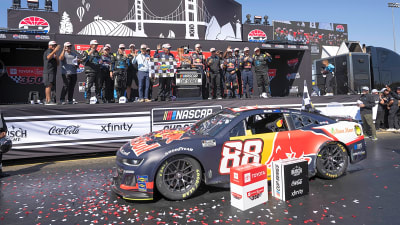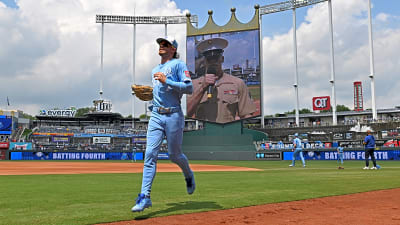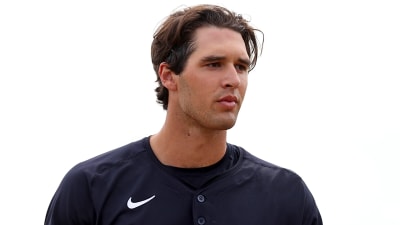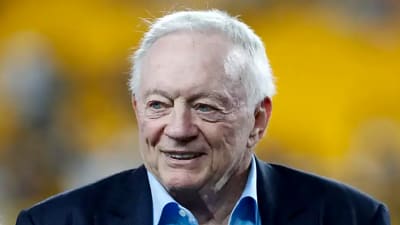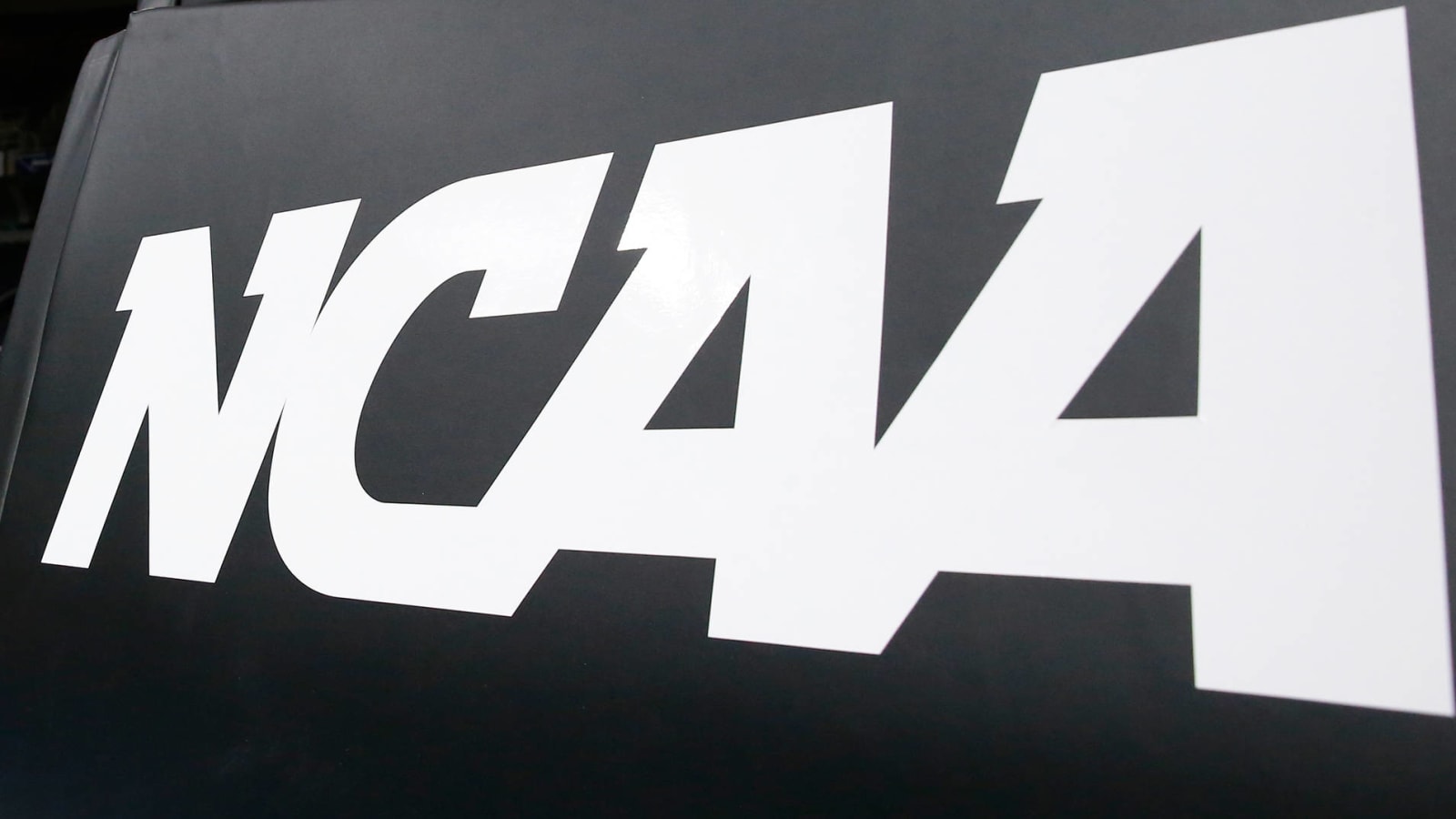
Kudos to California for pushing inept NCAA
One of the first things I thought about when I heard that California Gov. Gavin Newsom signed the Fair Pay to Play Act into law was the story of a Yale football player named James J. Hogan. You probably are not familiar with Hogan, unless you, like me, are a regular visitor to the wildly popular "early 1900s Ivy League football" subreddit. (Our arguments about the mustache styles of the 1903 Princeton team get quite contentious, I assure you.)
Anyway, in 1905 Hogan was the captain of the football team and famous enough on Yale’s New Haven campus that he secured an endorsement deal. What did Hogan agree to endorse? Why, cigarettes, of course. According to a McClure’s magazine expose, Hogan had a deal with the American Tobacco Company to endorse certain brands of cigarettes at a popular grill room on campus. This raised all sorts of ethical hand-wringing about morality and amateurism and the notion of college athletes taking shortcuts to material success. It also helped lead to the formation, in 1906, of the Intercollegiate Athletic Association, which would, by the end of the decade, become everyone’s favorite bloated bureaucracy: the NCAA.
So the NCAA was founded, in part, to address the creeping notion of “professionalism” in college sports — in part, the notion that athletes like Hogan could profit off their name, image and likeness, which is exactly what the Fair Pay to Play Act is meant to address. At that time, the NCAA decided the best way to address these problems was to crack down on them and to attempt to level the playing field by prohibiting deals like the one Hogan cut to endorse “Egyptian Deities” and “Turkish Mogul” cigarettes. In other words: The way forward was to stuff all of college sports’ problems into a sack and sit on that sack for as long as it possibly could.
More than a century later, as these issues have mushroomed — as television money ballooned and coaches' salaries swelled and Ed O’Bannon sued and it became harder and harder to justify the status quo — the NCAA has almost completely ignored the historical and cultural progression of the very sports it’s meant to govern. The sack is riddled with holes, which has led us back to exactly where we started. The only way to further the discussion, then, is for states, like California, to force the NCAA’s hand by passing their own bills into law. A century of inaction and ineptitude has led me to realize that the NCAA won’t do much of anything — even institute a lucrative College Football Playoff — unless public opinion forces it to.
The reaction to the passage of this bill is entirely predictable: On one side, you have the free-market warriors who believe that we’ve finally reached a tipping point where college sports’ hypocrisies must be addressed. On the other side, you have the slippery slope worrywarts who believe that a decision like this will lead to players getting paid in all sorts of creative ways (over the table rather than under it) and will thereby forever taint the perception of college sports themselves.
Increasingly, I find myself trapped between those two poles: I do believe that athletes should somehow benefit from the profits being made on their backs, but I also want to be sure that the product doesn't become tainted in the process. And the funny thing is that the NCAA, if it were smart, could have helped push public opinion toward a middle ground here, which in a way is what the Fair Pay to Play Act is. If addressed carefully and properly, it would allow athletes to profit individually, without taking a full leap from amateurism into unfettered capitalism, by directly paying athletes for playing sports.
Instead of hastily forming a “working group” in the wake of California’s bill a few months back, the NCAA could have spent the years after the O’Bannon case figuring how to best regulate these name, image and likeness issues so they didn’t get out of hand. It could have ensured, for instance, that athletes receive fair-market value for any services they perform, as The Athletic’s Stewart Mandel suggests — say, $500 for an autograph signing, rather than $50,000. It could have spent this time determining whether any endorsement money could be deposited into an account or trust fund that would be issued to the athlete once he or she exhausts his or her eligibility.
But the NCAA did none of that. The NCAA burrowed its collective head in the sand, the same way it always does. Representatives of the NCAA’s member schools resorted to scare tactics and declared that any alteration of the status quo would destroy the sport as we know it and that they’d have to drop down to Division III to survive — that college sports as we know them would eventually die.
It’s the same kind of hand-wringing that loomed over college sports a century ago. And it’s astounding to me that the NCAA has existed for so long, and its member institutions still show so little interest in addressing the very issues they devised their own governing body to solve. More than a century later, maybe it’s finally time for the NCAA to finally ask itself, “Why are we here?”
More must-reads:
- Urban Meyer 'concerned' about what Fair Pay to Play Act will do to college sports
- SB 206: Everything you need to know about California's NCAA bill
- The 'Most recent cycle by MLB franchise' quiz
Breaking News
Trending News
Customize Your Newsletter
 +
+
Get the latest news and rumors, customized to your favorite sports and teams. Emailed daily. Always free!
